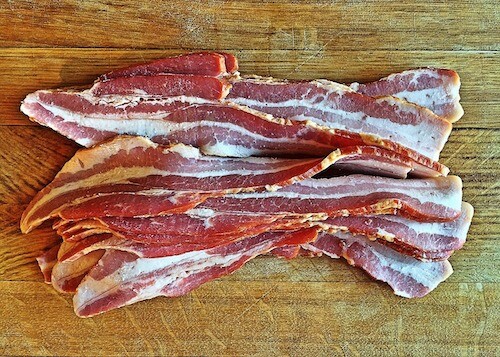Dogs are often considered part of the family, sharing in our daily lives and sometimes even our meals. However, it’s crucial to remember that not all human foods are safe for our canine companions. While it might be tempting to share a bite of your favorite snack with your furry friend, some foods that we consider delicious and harmless can be toxic or harmful to dogs, leading to serious health issues or even fatalities. Understanding which foods pose a risk is essential for any dog owner who wants to ensure their pet’s well-being and longevity.
This article delves into the top 10 human foods that could harm your dog, highlighting the potential dangers and symptoms of ingestion. By being informed about these hazards, you can take the necessary precautions to protect your furry friend from accidental poisoning and keep them happy and healthy. Whether it’s a seemingly innocuous treat like grapes or a festive indulgence like chocolate, knowing what to avoid will help you make safer choices for your dog’s diet.
Additionally, this knowledge is not only vital for preventing accidental ingestion but also for educating other family members and visitors about the risks. Proper education and vigilance can significantly reduce the chances of your dog encountering harmful foods. Read on to discover which common foods could spell trouble for your pet and learn how to keep your kitchen and dining habits dog-safe. Ensuring your dog’s diet is free from these dangerous foods is a critical step in responsible pet ownership.
7Salt

While salt is an essential part of a dog’s diet, too much salt can be hazardous to your pet’s health. Excessive amounts of sodium chloride, or table salt, can lead to dehydration and electrolyte imbalances in dogs. These imbalances can cause vomiting, diarrhea, and even seizures. In extreme cases, too much salt can result in death. Understanding the dangers of feeding too much salt to your pup is crucial for keeping them safe and healthy. Pet owners should be mindful of the salt content in their dog’s food and treats to avoid any potential health issues.
Salt poisoning, also known as hypernatremia, can occur when a dog ingests too much salt. Symptoms include excessive thirst and urination, confusion, muscle tremors, and convulsions. Dogs might also exhibit signs of fatigue and an unsteady gait. In severe cases, salt poisoning can lead to coma and death. Processed foods, including certain dog treats, can contain high levels of salt, so it’s essential to read labels carefully.
Homemade diets should also be balanced appropriately to ensure dogs receive the right amount of nutrients without excessive salt. If you suspect your dog has consumed too much salt, seek veterinary care immediately.
